By David Swedelson, Senior Partner and Community Association Attorney at SwedelsonGottlieb
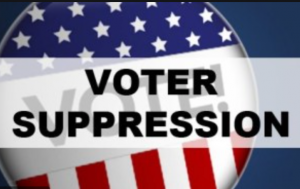 I first heard about voter suppression in law school, where I learned that the United States has a long tradition of threatening voter access. I thought it was a thing of the past. But I have been surprised by recent news stories that tell us that there are real efforts in 2020 to make it harder for some Americans to vote. For example, a Memphis, Tenn., poll worker turned away people wearing Black Lives Matter T-shirts, saying they couldn’t vote. Robocalls warned thousands of Michigan residents that mail-in voting could put their personal information in the hands of debt collectors and police. In Georgia, officials cut polling places by nearly 10%, even as the number of voters surged by nearly 2 million.
I first heard about voter suppression in law school, where I learned that the United States has a long tradition of threatening voter access. I thought it was a thing of the past. But I have been surprised by recent news stories that tell us that there are real efforts in 2020 to make it harder for some Americans to vote. For example, a Memphis, Tenn., poll worker turned away people wearing Black Lives Matter T-shirts, saying they couldn’t vote. Robocalls warned thousands of Michigan residents that mail-in voting could put their personal information in the hands of debt collectors and police. In Georgia, officials cut polling places by nearly 10%, even as the number of voters surged by nearly 2 million.
Simply stated, voter and candidate suppression is a strategy used to influence an election’s outcome by discouraging or preventing specific groups of people from running as a candidate in an election or voting. Unlike political campaigning, which attempts to change voting behavior through persuasion and organization, activating inactive voters, or registering new supporters; voter suppression attempts to reduce the number of voters who might vote against a candidate or proposition. The tactics of voter suppression range from minor changes to make voting less convenient, physical intimidation, and even physical attacks on prospective voters, which is illegal.





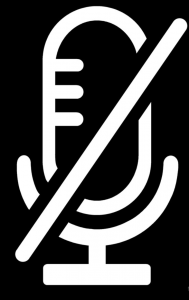 By David Swedelson, Esq. Senior Partner and Community Association Attorney at SwedelsonGottlieb
By David Swedelson, Esq. Senior Partner and Community Association Attorney at SwedelsonGottlieb 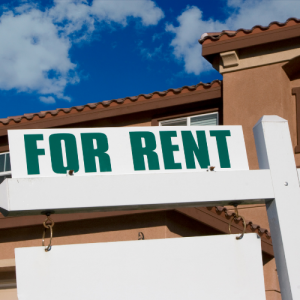

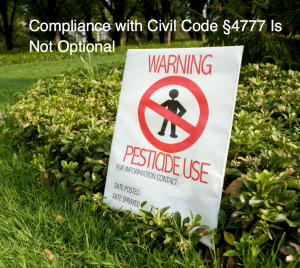 From the Community Association Attorneys at SwedelsonGottlieb
From the Community Association Attorneys at SwedelsonGottlieb By David Swedelson, Community Association Attorney at SwedelsonGottlieb
By David Swedelson, Community Association Attorney at SwedelsonGottlieb The COVID-19 pandemic resulted in the closures of community association pools, spas, tennis courts, gyms and other recreational facilties. The good news is that the State of California and the 58 counties are in the process of issuing new orders regarding the use of community association pools, tennis courts and other recreational facilities. The attorneys at SwedelsonGottlieb have researched all 58 counties and
The COVID-19 pandemic resulted in the closures of community association pools, spas, tennis courts, gyms and other recreational facilties. The good news is that the State of California and the 58 counties are in the process of issuing new orders regarding the use of community association pools, tennis courts and other recreational facilities. The attorneys at SwedelsonGottlieb have researched all 58 counties and  From the attorneys at SwedelsonGottlieb, Community Association Attorneys
From the attorneys at SwedelsonGottlieb, Community Association Attorneys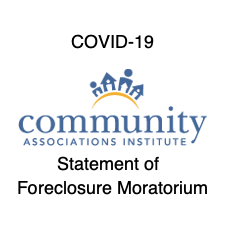 Earlier this month, CAI released a
Earlier this month, CAI released a